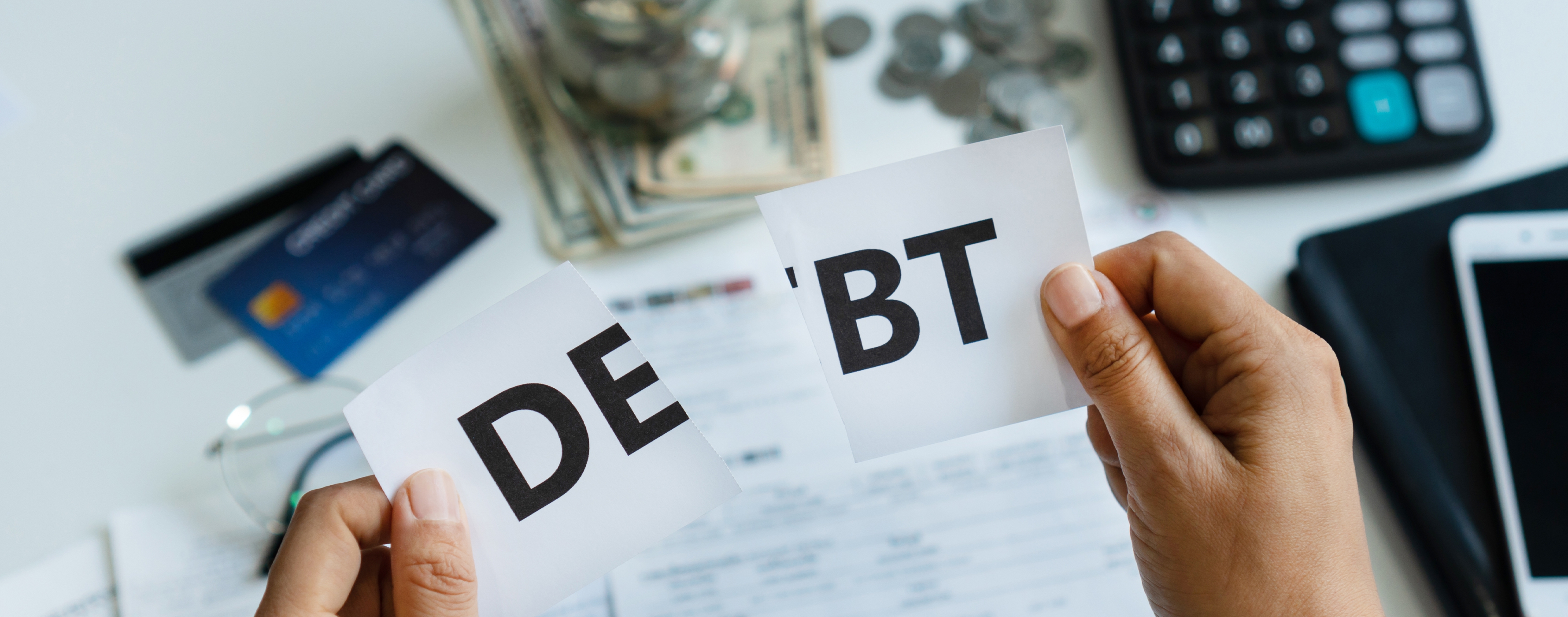
Do’s & Don’ts of Managing Debt
In a world where financial stability is paramount, managing debt becomes a crucial aspect of our lives. Whether it's student loans, credit card balances, or mortgages, understanding the do's and don'ts of debt management is essential for achieving long-term financial well-being.
The Do's:
- Create a Budget: Creating a budget might sound intimidating, but it shouldn’t be. Simply start by totaling your monthly income, then your expenses and go from there. There are even easy tools to help you, find a few below:
- Budget Calculator - https://csefcu.banzai.org/wellness/resources/budget-calculator
- Debt-Payoff Calculator - https://csefcu.banzai.org/wellness/resources/debt-payoff-calculator
- Choose a Debt Strategy: See which type of debt-repayment strategy might work best for you. Between the Debt Snowball Method and the Debt Avalanche Method, choose which repayment plan might accelerate your journey to becoming debt-free. You can read more about debt strategies here:
- How To Manage Your Debt: Strategies & Tools - https://csefcu.banzai.org/wellness/resources/managing-debt
- Emergency Fund: The first stop on your debt-repayment journey is working on an emergency fund which can act as a financial safety net. This can help so that you don’t continue racking up debt by relying on credit cards or loans in times of unexpected expenses.
- Give Negotiating a Try: Contact your creditors to see if they’d be willing to negotiate lower interest rates on your debt. Many lenders have a solutions department and may be willing to work with you to find a mutually beneficial solution, making debt repayment more manageable.
- Explore Debt Consolidation: If multiple loans, balances, and interest rates have you spinning, consolidating those high-interest debts into a single, lower-interest loan could be a way to ease the burden. This helps simplify payments and may reduce the overall interest by the end of your repayment.
The Don'ts:
- Ignoring Your Debt: Ignoring your debts doesn’t mean they just go away. Oftentimes, ignoring them can actually make your financial situation worse. As hard as it might be, it’s time to take control - confront your financial situation, and actively work towards paying off your debt.
- Making Minimum Payments: When only paying the minimum payment on your balance of debt, specifically with a credit card, it can prolong the repayment process and even add to your balance with the addition of interest. Figure out a repayment plan that provides you with a way to pay more than the minimum whenever possible.
- Taking on New Debt Unnecessarily: Avoid taking on new debts unless absolutely necessary. This means any impulse spending needs to be put to a stop, plain and simple.
- Missing Payments: Late payments are an easy way to land additional fees, which will add to your balance. Abuse of late-payment history could even increase interest rates, and could even harm your credit score, which will just cost you more money in the long run. It’s time to set up those automatic payments or payment reminders to ensure no missed payments.
- Falling for Quick Fixes: Beware of debt management companies, specifically ones that are schemes that promise quick fixes. Research thoroughly and consult with financial experts (or even the Credit Union) before committing to any such program.
Managing debt requires an approach that involves a look in the mirror. Keeping emotions at bay, working on your discipline, and being proactive about the financial situation you have.
When starting your journey to better debt management, look to these do’s and don’ts as a guide to help you take control of your financial future and pave the way towards a less heavy debt burden. Remember, small steps today can lead to significant financial freedom tomorrow.
Comments